Home>Ideas and Tips>How To Start A Journaling Habit For Mindfulness
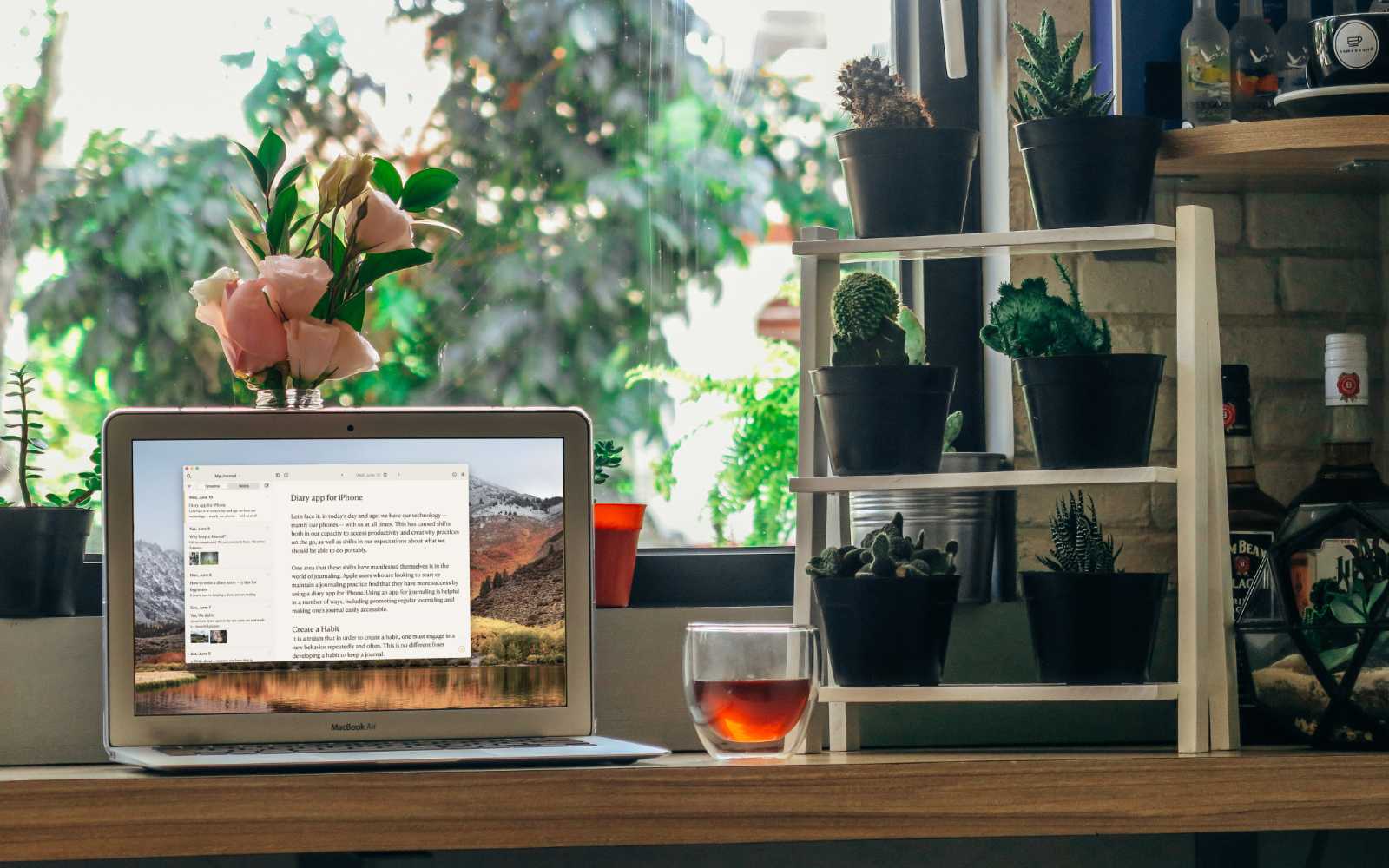

Ideas and Tips
How To Start A Journaling Habit For Mindfulness
Published: November 5, 2024
Discover the benefits of mindful journaling and learn practical tips to start and maintain a journaling habit for improved mental clarity and emotional well-being.
(Many of the links in this article redirect to a specific reviewed product. Your purchase of these products through affiliate links helps to generate commission for Storables.com, at no extra cost. Learn more)
In today's fast-paced world, it's easy to get caught up in the hustle and bustle of daily life. However, incorporating mindfulness into your routine can have a profound impact on both mental and emotional well-being. One powerful tool for achieving mindfulness is journaling. This practice not only helps you process your thoughts and emotions but also fosters a deeper connection with yourself and the present moment. In this article, we will explore the benefits of mindful journaling, provide practical tips on how to start and maintain a journaling habit, and discuss various techniques to enhance your practice.
The Benefits of Mindful Journaling
Mindful journaling is more than just writing down your thoughts; it's a holistic practice that combines mindfulness with expressive writing. The benefits of this practice are multifaceted:
- Improved Mental Clarity: By focusing on the present moment, mindful journaling helps you clear your mind and gain clarity on your thoughts and feelings.
- Enhanced Emotional Well-being: This practice allows you to explore and understand your emotions in a non-judgmental way, leading to better emotional regulation.
- Reduced Stress and Anxiety: Writing down your thoughts and feelings can help you process them more effectively, reducing stress and anxiety.
- Increased Self-Awareness: Mindful journaling encourages self-reflection, helping you develop a deeper understanding of yourself and your behaviors.
- Boosted Creativity: The act of writing can stimulate creativity and provide new insights into your life and experiences.
- Better Sleep: Reflecting on your day before bed can help you unwind and prepare for a restful night's sleep.
Starting Your Mindful Journaling Practice
To begin a mindful journaling practice, you need to set clear intentions and establish a routine that works for you. Here are the key steps:
1. Define Your "Why"
Understanding your purpose or goal for journaling is crucial. What do you hope to achieve through this practice? Do you want to reduce stress, improve your mental clarity, or enhance your creativity? Identifying your "why" will help you stay motivated and committed to your practice.
Read more: How To Start A Gratitude Journal Routine
2. Choose Your Journaling Style
There are various styles of journaling, each with its own benefits:
- Gratitude Journaling: Focuses on recording things you are grateful for each day.
- Bullet Journaling: Uses symbols and layouts to organize tasks and events.
- Mindful Journaling: Involves paying attention to thoughts, feelings, and sensations in the present moment.
- Creative Journaling: Incorporates art, sketches, or other forms of creative expression.
- Stream-of-Consciousness Journaling: Writes without stopping or editing, allowing thoughts to flow freely.
3. Determine Your Schedule
Decide when you will journal each day. It could be first thing in the morning, during your lunch break, or before bed. Consistency is key, but it's also important to be flexible and adapt your schedule as needed.
4. Select Your Tools
You don't need a fancy journal or special equipment to start journaling. Here are some options:
- Pen and Paper: Traditional writing can be more mindful and engaging than typing on a device.
- Digital Journaling: Using apps or digital notebooks can be convenient but may lack the tactile experience of pen and paper.
- Guided Journals: These often come with prompts or exercises designed to help you stay focused on mindfulness.
5. Set Up Your Space
Create a comfortable and distraction-free space for journaling. This could be a quiet corner in your home or a peaceful outdoor spot. Make sure you have everything you need within reach.
Practical Tips for Starting Your Journaling Habit
-
Start Small
Begin with short sessions, even just three minutes a day. As you become more comfortable with the practice, you can gradually increase the duration. -
Be Consistent
Try to journal at the same time each day to make it a habit. Consistency is crucial for seeing the benefits of mindful journaling. -
Use Prompts
If you're struggling to get started, use prompts or exercises found in guided journals or online resources. These can help guide your thoughts and keep you focused on mindfulness. -
Reflect on Your Emotions
Pay attention to how you're feeling in the moment. Write down your emotions without judgment, allowing yourself to fully experience them. -
Don't Edit
Remember that journaling is for your eyes only. Don't worry about grammar, spelling, or coherence. The goal is to express yourself freely without self-criticism. -
Make It a Ritual
Incorporate journaling into your daily routine, making it a ritual that you look forward to. This could involve lighting a candle, playing soothing music, or sipping a cup of tea.
Techniques for Enhancing Your Mindful Journaling Practice
-
Mindful Meditation
Begin your journaling session with a short meditation practice to center yourself in the present moment. This could involve deep breathing exercises or guided meditation. -
Sensory Exploration
Pay attention to your surroundings and record what you see, hear, smell, taste, and touch. This helps you stay grounded in the present moment. -
Stream-of-Consciousness Writing
Write without stopping or editing for a set period of time (e.g., 10 minutes). This allows your thoughts to flow freely without censorship. -
Gratitude Reflection
Take time each day to reflect on things you are grateful for. This helps cultivate a positive mindset and appreciate the good things in life. -
Creative Expression
Incorporate art or other forms of creative expression into your journaling practice. This can include sketches, doodles, collages, or any other form of artistic expression that resonates with you.
Overcoming Common Challenges
-
Perfectionism
One of the biggest hindrances to starting a journaling practice is the fear of not being a good writer or making mistakes. Remember that journaling is for your eyes only and should be free from judgment. -
Time Constraints
If you're short on time, start with short sessions and gradually increase the duration as you become more comfortable with the practice. -
Distractions
Find a quiet space where you can minimize distractions such as phones or other electronic devices.
Real-Life Examples and Success Stories
Many people have found mindfulness journaling to be a transformative practice that has positively impacted their mental health and overall well-being.
Read more: How To Start Journaling For Personal Growth
Personal Experience
One Reddit user shared their experience with mindfulness journaling over two years:
"I started journaling as a way to relax and explore my thoughts more deeply. It helped me put negative thinking patterns into perspective and carve out time each day where I could just sit and relax without distractions." This user found that journaling reduced their anxiety and improved their mental clarity.
Case Studies
Research has shown that reflective writing practices can significantly reduce anxiety levels and improve mental health outcomes. A study published in 2018 found that individuals who practiced reflective writing for 15 minutes per day reported lower levels of anxiety and mental distress compared to those in a control group.
Conclusion
Incorporating mindful journaling into your daily routine can be a powerful tool for enhancing your mental clarity, reducing stress, and improving emotional well-being. By defining your purpose (your "why"), choosing a journaling style that fits your goals, determining a consistent schedule, selecting appropriate tools, setting up a distraction-free space, starting small but being consistent, using prompts if needed, reflecting on your emotions without judgment, making it a ritual by incorporating calming elements into your practice, and overcoming common challenges like perfectionism or time constraints—mindful journaling can become an integral part of your mindfulness practice.
Remember that this journey is personal; what works for one person may not work for another. Experiment with different techniques until you find what resonates with you most. With patience and persistence, you can harness the transformative power of mindful journaling to live a more mindful and fulfilling life.
Was this page helpful?
At Storables.com, we guarantee accurate and reliable information. Our content, validated by Expert Board Contributors, is crafted following stringent Editorial Policies. We're committed to providing you with well-researched, expert-backed insights for all your informational needs.
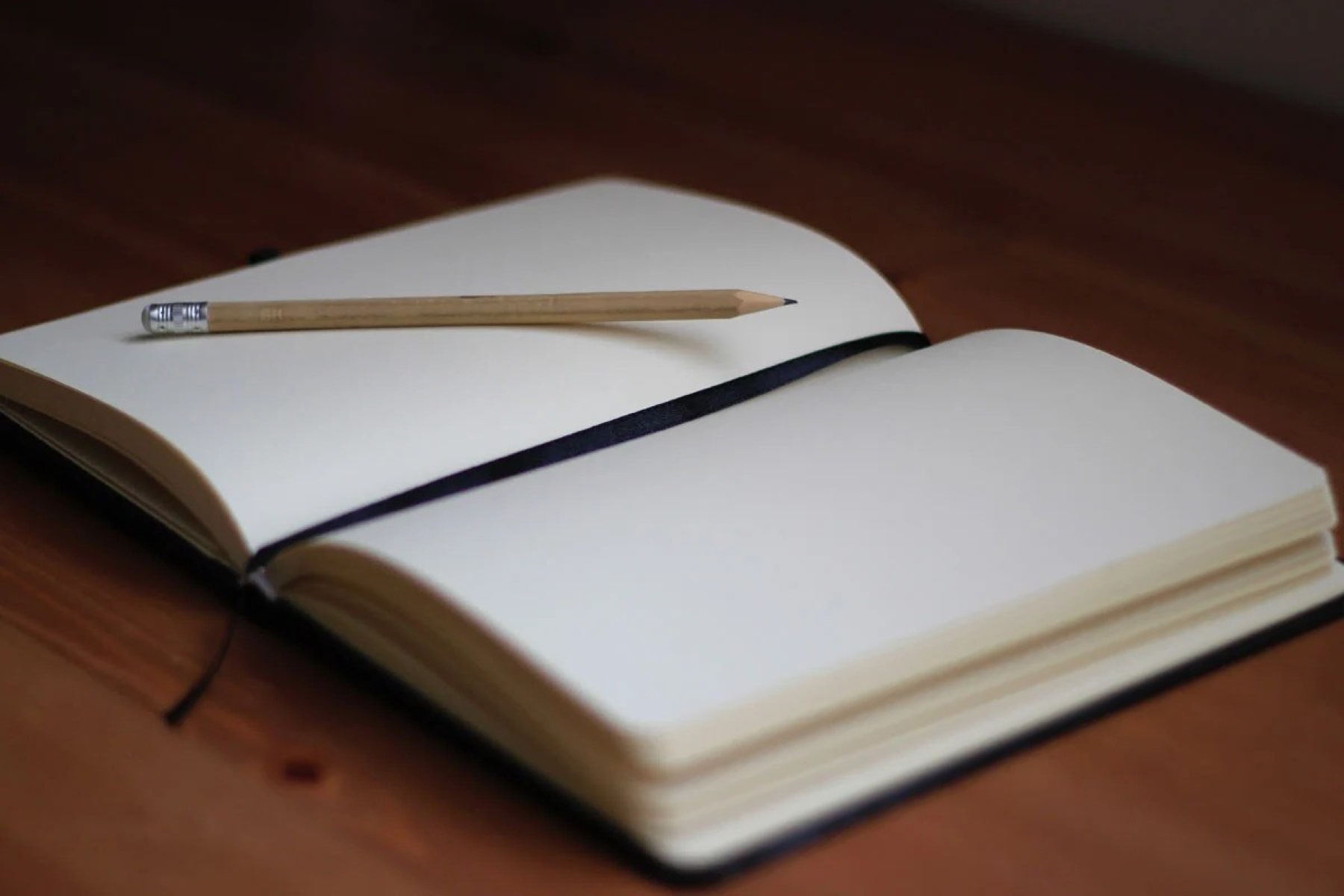
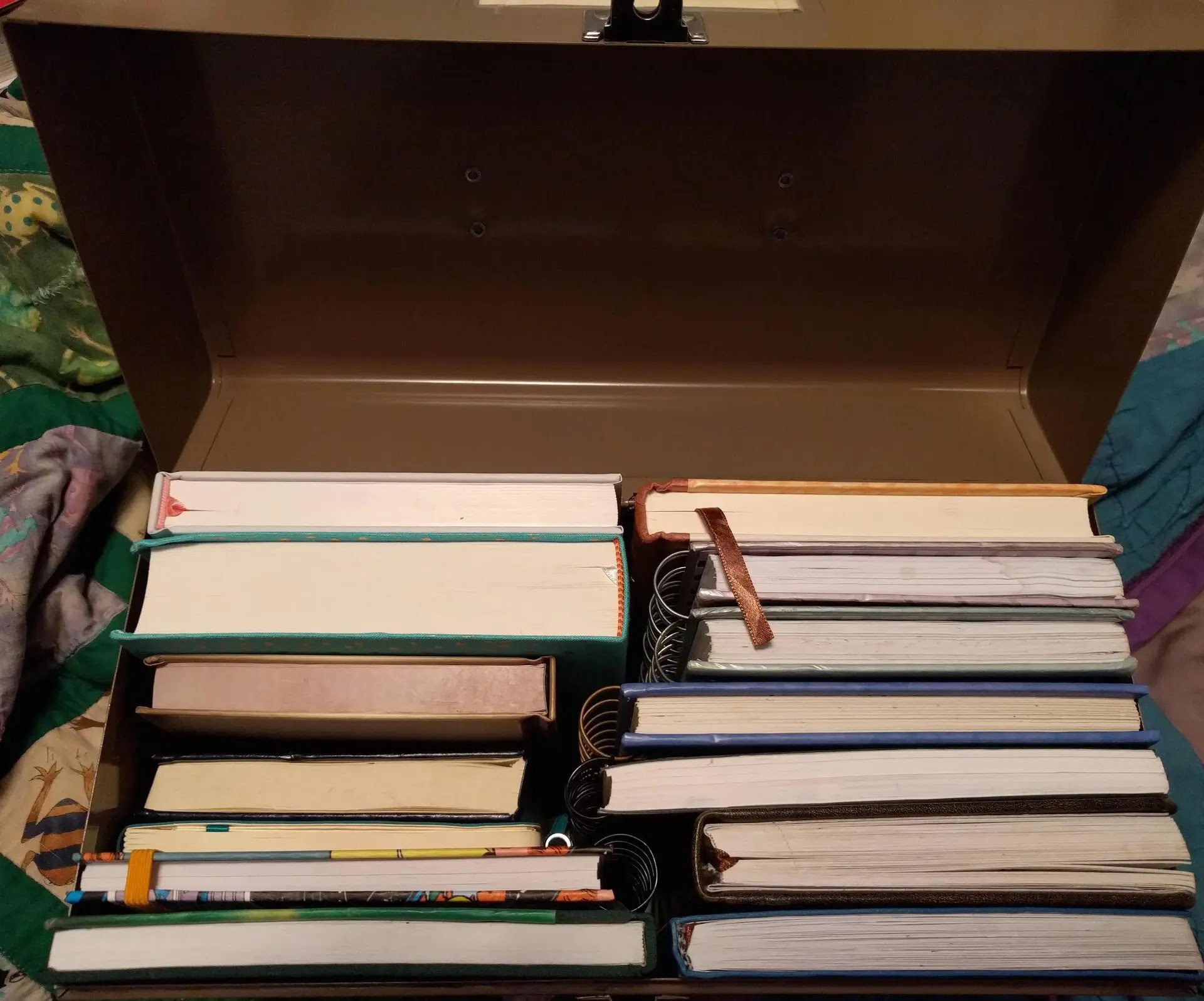

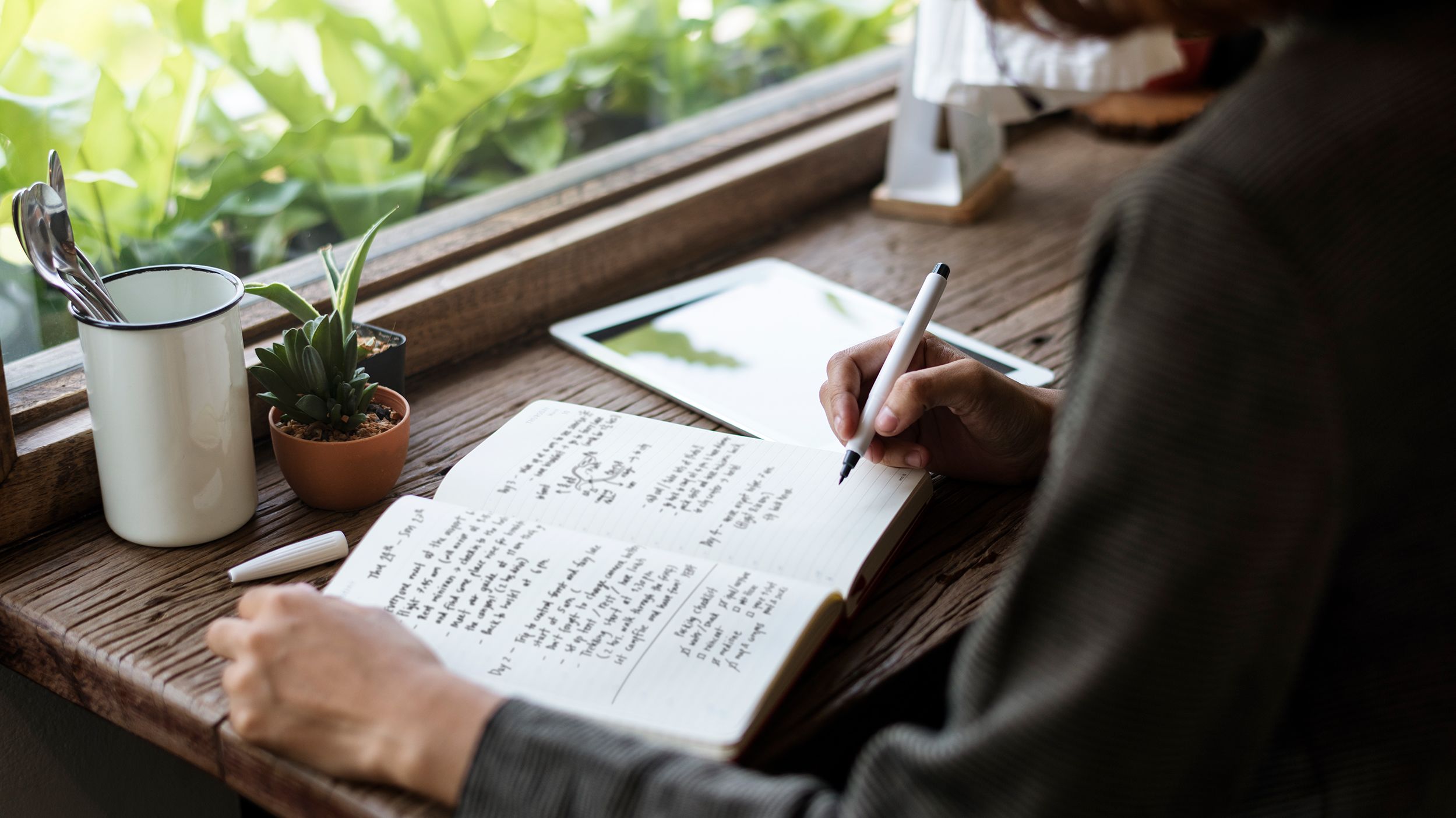





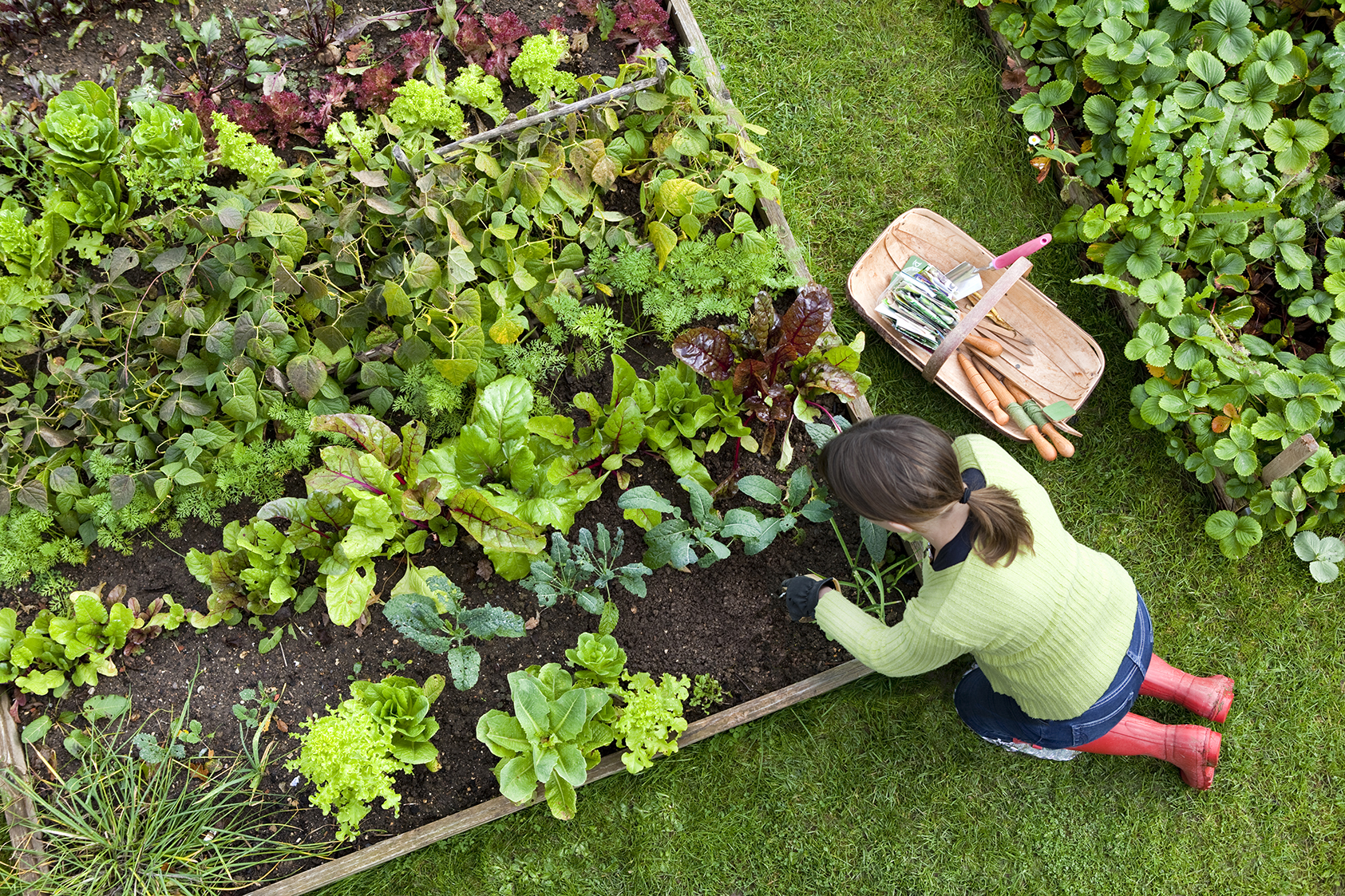



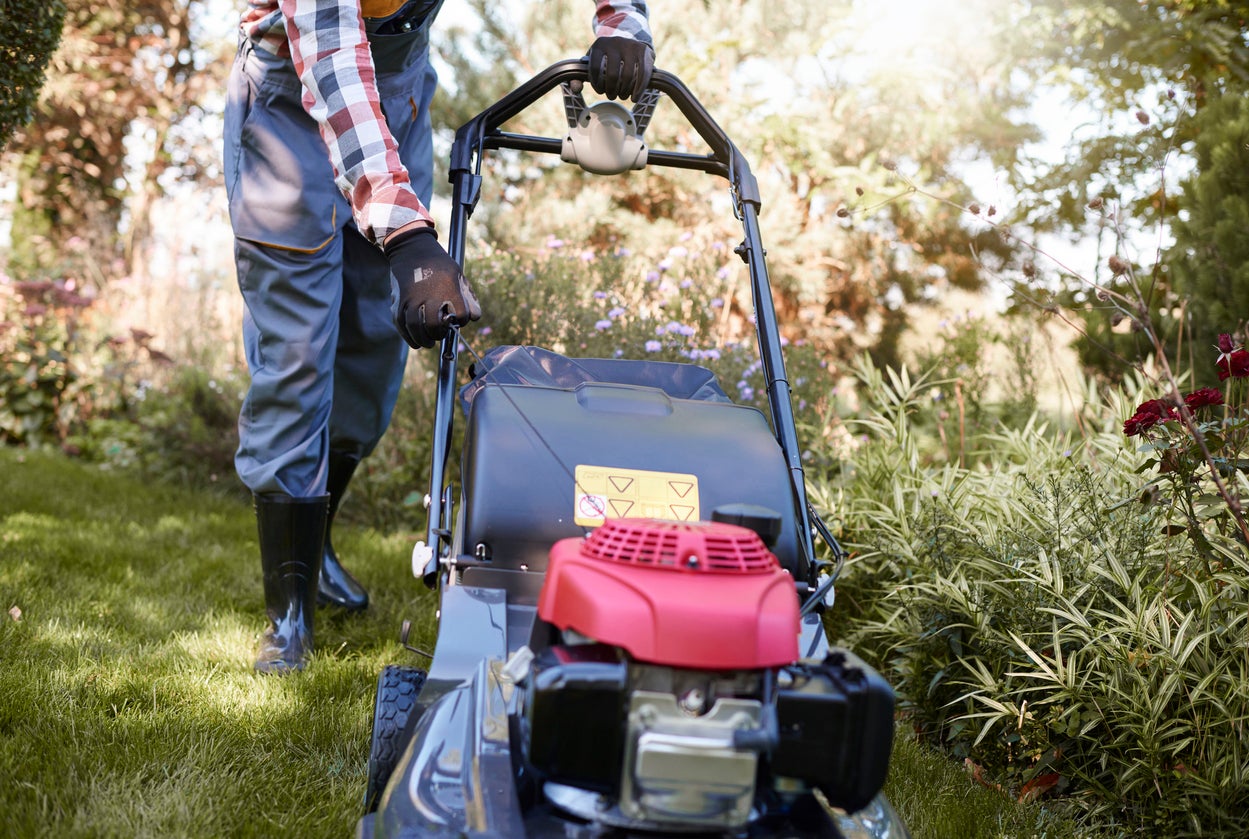

0 thoughts on “How To Start A Journaling Habit For Mindfulness”